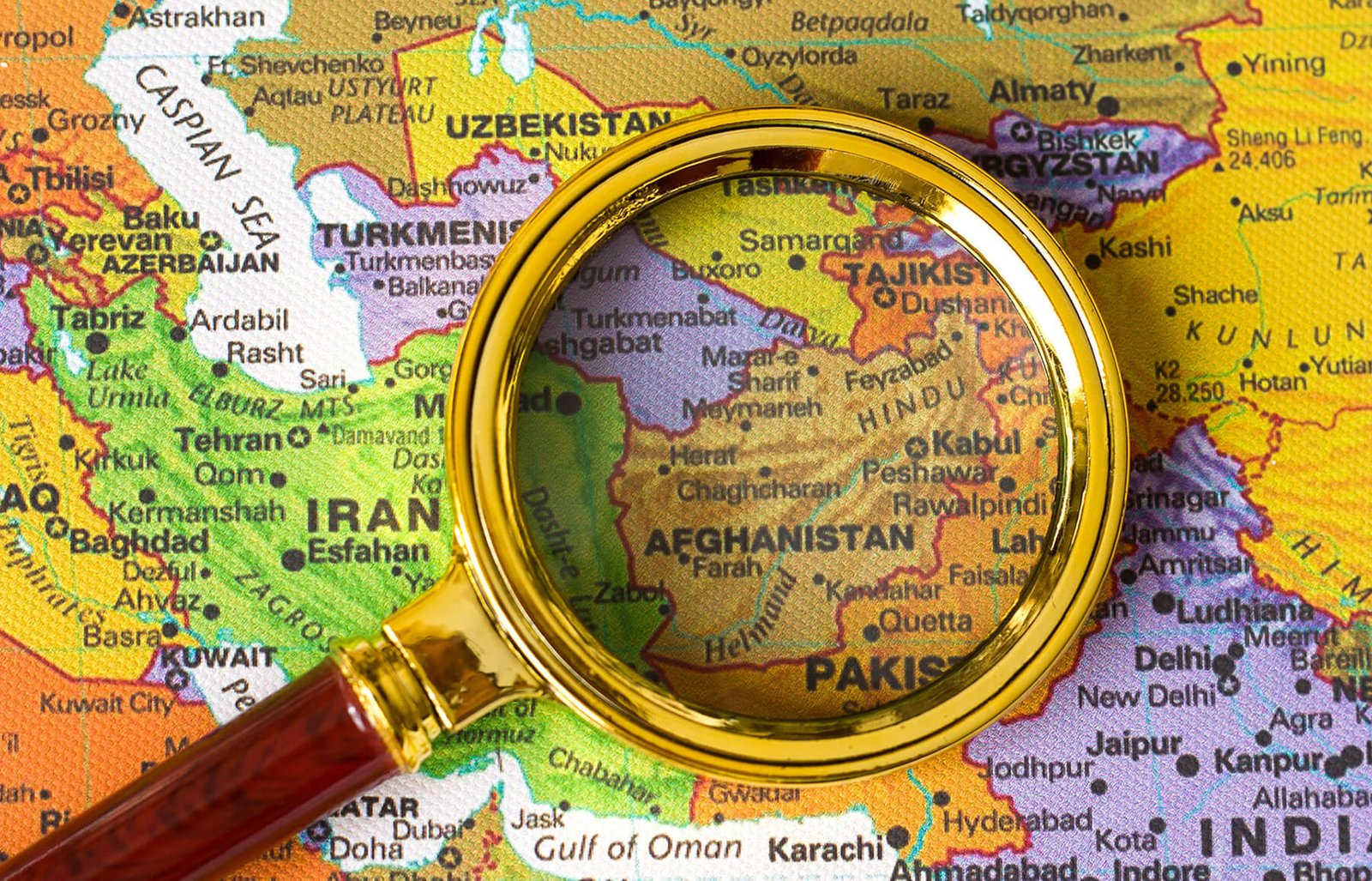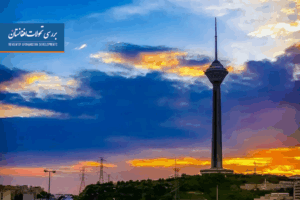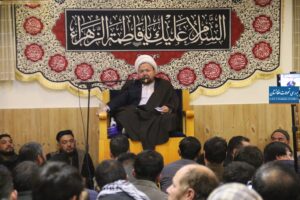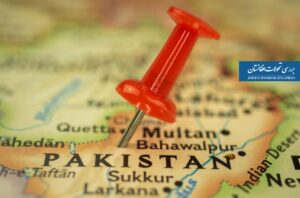Political independence and historical challenges of Afghanistan
Review of Afghanistan developments
Political independence constitutes a crucial element of national sovereignty. No nation can pursue development, stability, and prosperity without genuine independence. Political independence refers to a state’s capacity to make decisions autonomously, free from the influence of foreign powers; a condition that has seldom been sustainably realized in Afghanistan’s recent history. The country’s sensitive geography, fragile governmental institutions, internal conflicts, and external interventions have perpetually jeopardized Afghanistan’s political independence. It is essential to investigate the origins of this issue and explore methods to reinforce it for Afghanistan’s future.
The historical factors contributing to the decline of political independence in Afghanistan
Sensitive geopolitical situation:
Afghanistan is situated at the intersection of Asia and has consistently served as a battleground for both global and regional powers. From the Great Game Involving Tsarist Russia and Britain to the Soviet-American conflict during the Cold War, this pivotal location has rendered Afghanistan’s sovereignty precarious.
- Weakness of the central government:
Afghan governments have frequently struggled to exert complete control over their territory and varied society, a shortcoming that has compelled internal factions to depend on the backing of foreign powers for their continued existence.
- Ethnic and political differences:
Rather than experiencing national unity, Afghan society has consistently endured fragmentation. External forces have perpetually exploited these divisions to exert political influence and have impacted the country’s significant decisions.
- Economic dependence:
The absence of economic self-sufficiency and dependence on foreign assistance have consistently constrained political autonomy. Since the era of Zahir Shah up to the current day, administrations have not succeeded in establishing the sustainable foundations necessary for an independent national economy.
- Direct military interventions:
The British military operations, the Soviet occupation, and subsequently the American and NATO intervention, clearly infringed upon Afghanistan’s sovereignty, and their repercussions continue to significantly impact the nation’s political and social framework.
- Lack of national consensus:
The political elites of Afghanistan have struggled to reach a consensus on a unified framework for the nation’s future. This division has resulted in foreign forces consistently exerting a significant influence on Afghanistan’s destiny.
Related articles
Taliban Government Four Years After Coming to Power
The Economy of Afghanistan under Taliban governance
The requirements for maintaining independence
Afghanistan currently finds itself in a position where, following the withdrawal of foreign forces, the foundation for political independence has been established. Independence and freedom are crucial as significant accomplishments of a nation; however, historical evidence indicates that preserving independence is often more challenging than achieving it. Without robust foundations, this independence is at risk of being easily forfeited. To ensure that Afghanistan retains its political independence, the Taliban government must modify its policies in a manner that ultimately fosters peace and comfort for the populace. The initial step in this process is to guarantee national unity. When all ethnic groups, religions, and social classes feel included within the system, the nation becomes internally resilient, thereby diminishing the potential for foreign influence.
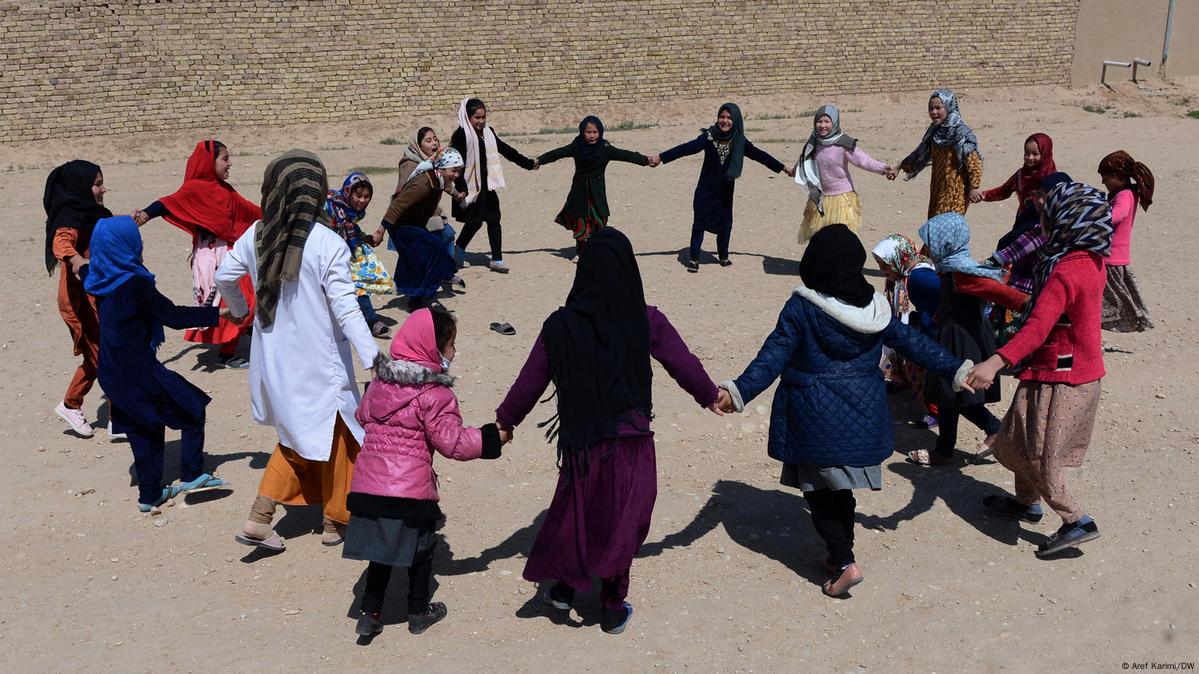
Another fundamental principle is social justice along with a responsible and representative government. When justice is absent and individuals perceive injustice, political independence becomes precarious. Injustice and discrimination are the primary elements that undermine national unity. If all ethnic groups and social classes experience justice, internal solidarity will be enhanced, effectively obstructing foreign influence. The Taliban administration must establish a framework that allows citizens to engage in decision-making, thereby bolstering public trust. Only in this manner can independence foster stability and peace.
Another significant concern is the assurance of religious and political liberties. Independence signifies that individuals are able to openly articulate their religious convictions and political opinions within a secure setting. These liberties not only enhance the legitimacy of the system but also bolster public backing for the government.
Furthermore, a prosperous and self-reliant economy is essential for achieving sustainable independence. While the nation continues to rely on external assistance, its political autonomy will be jeopardized. Investments in agriculture, mining, and local industries can establish a foundation for economic success and enhance the well-being of the populace. Certainly, significant measures have been implemented in this area, which deserve recognition.
Furthermore, the Taliban administration should cultivate balanced and constructive relationships with its neighboring countries. By steering clear of isolation and actively engaging with regional nations, Afghanistan can preserve its autonomy and strengthen its independent stance.
In summary, it can be asserted that the sustainability of Afghanistan’s current independence hinges on the Taliban government integrating it with public involvement, social equity, economic growth, and positive international relations. This approach will not only fortify the nation’s independence but will also ultimately foster peace, comfort, and hope among the populace.
Follow us on social media


